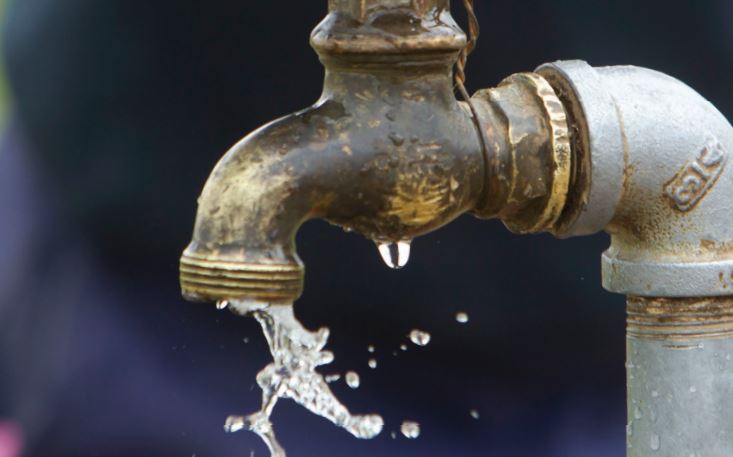PERSPECTIVES
This framework document was written under the collaboration between UNICEF and the UNDP-SIWI Water Governance Facility through the Accountability for Sustainability programme.

Ensuring lasting impacts of water, sanitation and hygiene (WASH) programme investments is a vital, but complex task, and requires a strategic approach. There is a need to, not only, invest more in WASH service delivery, but also in how those services are delivered if Sustainable Development Goal 6 and its benefits for communities, children’s survival and development are to be realised.
The new Agenda 2030 for sustainable development is universal and ambitious. On water and sanitation, it sets a clear goal for where the world should be at 2030 – measured through access to safely managed drinking water and sanitation.
Over recent years, UNICEF has performed sustainability monitoring by implementing over 35 ‘Sustainability Checks’. The checks have been a critical tool to put the sustainability of WASH services on global and national agendas – and have improved programmes to deliver more sustainable outcomes in WASH. However, the Sustainability Checks have suffered from inconsistency in approaches and metrics, which has hampered the ability to compare sustainability gains or challenges over time, both in and between countries.
This guidance builds on previous experiences of sustainability monitoring and outlines guidance on how to design and implement Sustainability Checks as a means to obtain information about the state of functionality of water facilities as well as the level of adherence to social norms and behaviour change required to stop open defecation and construct toilets.
The Sustainability Checks also provide information about underlying factors that are critical to future sustainability of WASH services, with a focus at the community and decentralised service delivery level.
This document aims to help deliver UNICEFs ambition to strengthen national capacity to deliver lasting services, while leaving no one behind.
The purpose of this document is to provide UNICEF Country Offices and partners with brief guidance on how to carry out a Sustainability Check, balancing good enough quality with a reasonable cost, with the aim that the exercise can be transitioned into national monitoring systems.




We use cookies on our website to make your experience better. Your personal data is safe and we do not sell it to anyone.
The website is running without cookies, some features will not work.